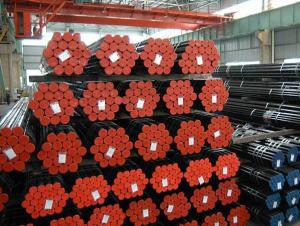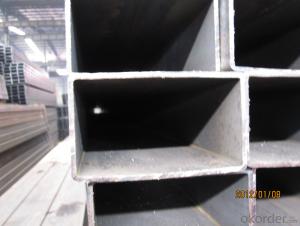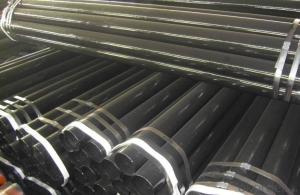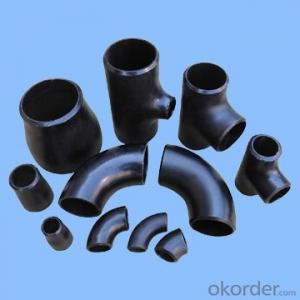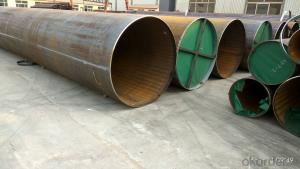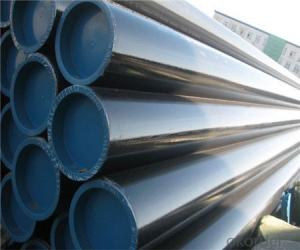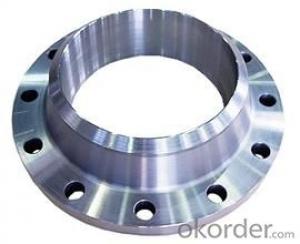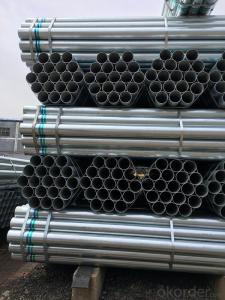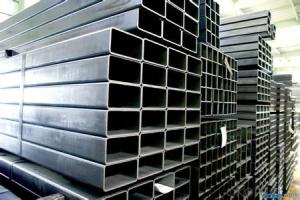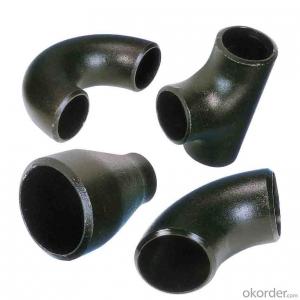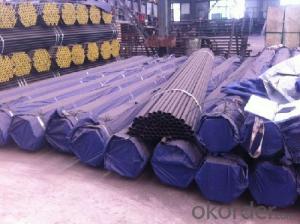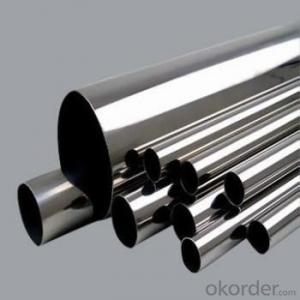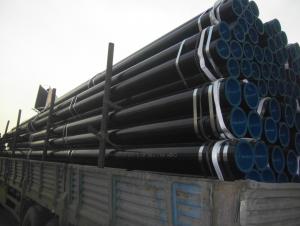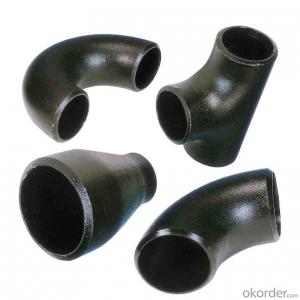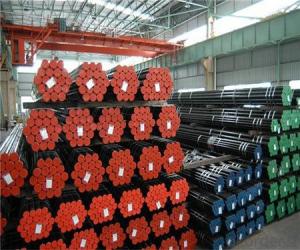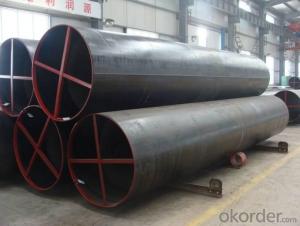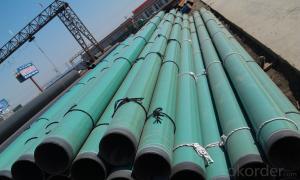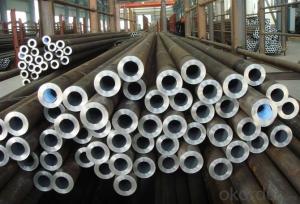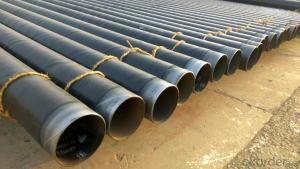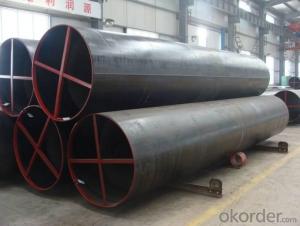All Categories
- - Steel Wire Rod
- - Steel Coils
- - Steel Profiles
- - Steel Pipes
- - Stainless Steel
- - Tinplate
- - Special Steel
- - Steel Sheets
- - Steel Rebars
- - Steel Strips
- - Hot Rolled Steel
- - Cold Rolled Steel
- - Pre-painted Steel
- - Seamless Steel Pipe
- - Welded Steel Pipe
- - Hollow Steel Tubes
- - Galvanized Pipe
- - Stainless Steel Coil
- - Stainless Steel Sheet
- - Stainless Steel Plate
- - Stainless Steel Strips
- - Electrolytic Tinplate Coil
- - Electrolytic Tinplate Sheet
- - Stainless Steel Rebars
- - Solar Panels
- - Solar Water Heater
- - Solar Related Products
- - Solar Inverter
- - Solar Cells
- - Solar Light
- - Solar Energy Systems
- - Solar Controllers
- - Solar Mounting System
- - Solar Pump
- - Solar Chargers
- - Fiberglass Chopped Strand
- - Fiberglass Mesh Cloth
- - Composite Pipes
- - FRP Pultrusion Profiles
- - Fiberglass Mat Tissue
- - Fiberglass Fabrics
- - Fiberglass Mesh
- - Composite Tank
- - Fiberglass Mesh tape
- - Polymer
- - FRP Roofing Panel
- - Fiberglass Roving
- - Monolithic Refractories
- - Ceramic Fiber Products
- - Refractory Bricks
- - Raw Materials For Refractory
- - Suspended Platform
- - Cranes
- - Concrete Machinery
- - Earthmoving Machinery
- - Building Hoist
- - Road Building Machinery
- - Plastic Pipe Fittings
- - Plastic Tubes
- - Plastic Sheets
- - Agricultural Plastic Products
- - Plastic Nets
 All Categories
All Categories
Q & A
Can welded steel pipes be used for piling and foundation construction?
Yes, welded steel pipes can be used for piling and foundation construction. They are strong, durable, and capable of withstanding heavy loads, making them suitable for supporting structures and transferring loads to the ground. Additionally, the welded joints provide a secure and reliable connection, ensuring the stability and integrity of the piling and foundation system.
What are the different types of welding used for steel pipe?
There are several types of welding used for steel pipe, including shielded metal arc welding (SMAW), gas tungsten arc welding (GTAW), gas metal arc welding (GMAW), and flux-cored arc welding (FCAW). Each of these methods has its own advantages and is chosen based on factors such as the thickness of the pipe, the desired weld quality, and the specific requirements of the project.
How do you calculate the required tee size for a specific application?
To calculate the required tee size for a specific application, you need to consider several factors such as flow rate, pressure, pipe diameter, and fluid properties. By using the appropriate formulas and equations, you can determine the tee size that will ensure efficient flow distribution and minimal pressure drop. It is important to consult engineering standards, such as ASME B31.1 or B31.3, and utilize software or reference tables to accurately select the appropriate tee size for your specific application.
Can welded steel pipes be used for chemical processing plants?
Yes, welded steel pipes can be used for chemical processing plants. Welded steel pipes are commonly used in various industrial applications, including chemical processing plants, due to their durability, strength, and resistance to corrosion. They can withstand the harsh conditions and chemical substances found in these plants, making them suitable for conveying fluids and gases in chemical processing operations.
How is welded steel pipe manufactured?
Welded steel pipe is manufactured through a process called electric resistance welding (ERW) or submerged arc welding (SAW). In ERW, a flat strip of steel is formed into a cylindrical shape and then welded longitudinally along the seam using an electric current. SAW, on the other hand, involves placing the steel strip in a welding machine and submerging it in a flux to create a protective layer. An electric arc is then used to melt the edges of the strip, forming a solid joint. Both methods result in strong and durable welded steel pipes that can be used for various applications.
Wholesale Welded Steel Pipe from supplier in Chad
Whether you are in need of industrial-grade Welded Steel Pipe for construction projects or oil and gas pipelines, we have the expertise to meet your requirements. Our team of experienced professionals can assist you in selecting the right products for your specific application, ensuring optimal performance and durability.
In addition to our wide range of Welded Steel Pipe products, we also offer value-added services such as customization, welding, and coating. Our technical support team is available to provide guidance and assistance throughout the entire procurement process, ensuring smooth and efficient operations.
At CNBM Chad, we understand the importance of timely delivery and strive to provide efficient logistics solutions to our customers. With our extensive network of suppliers and strategic partnerships, we can ensure that your Welded Steel Pipe products are delivered on time and in excellent condition.
As a subsidiary of CNBM, we are committed to upholding the highest standards of quality and customer service. We continuously invest in research and development to stay at the forefront of industry advancements, ensuring that our customers receive the latest and most innovative Welded Steel Pipe products available.
Whether you are a small business or a large corporation, we are dedicated to meeting your Welded Steel Pipe needs in Chad. Contact us today for sales, quotations, and technical support services, and let us be your trusted partner in Welded Steel Pipe procurement.
In addition to our wide range of Welded Steel Pipe products, we also offer value-added services such as customization, welding, and coating. Our technical support team is available to provide guidance and assistance throughout the entire procurement process, ensuring smooth and efficient operations.
At CNBM Chad, we understand the importance of timely delivery and strive to provide efficient logistics solutions to our customers. With our extensive network of suppliers and strategic partnerships, we can ensure that your Welded Steel Pipe products are delivered on time and in excellent condition.
As a subsidiary of CNBM, we are committed to upholding the highest standards of quality and customer service. We continuously invest in research and development to stay at the forefront of industry advancements, ensuring that our customers receive the latest and most innovative Welded Steel Pipe products available.
Whether you are a small business or a large corporation, we are dedicated to meeting your Welded Steel Pipe needs in Chad. Contact us today for sales, quotations, and technical support services, and let us be your trusted partner in Welded Steel Pipe procurement.
